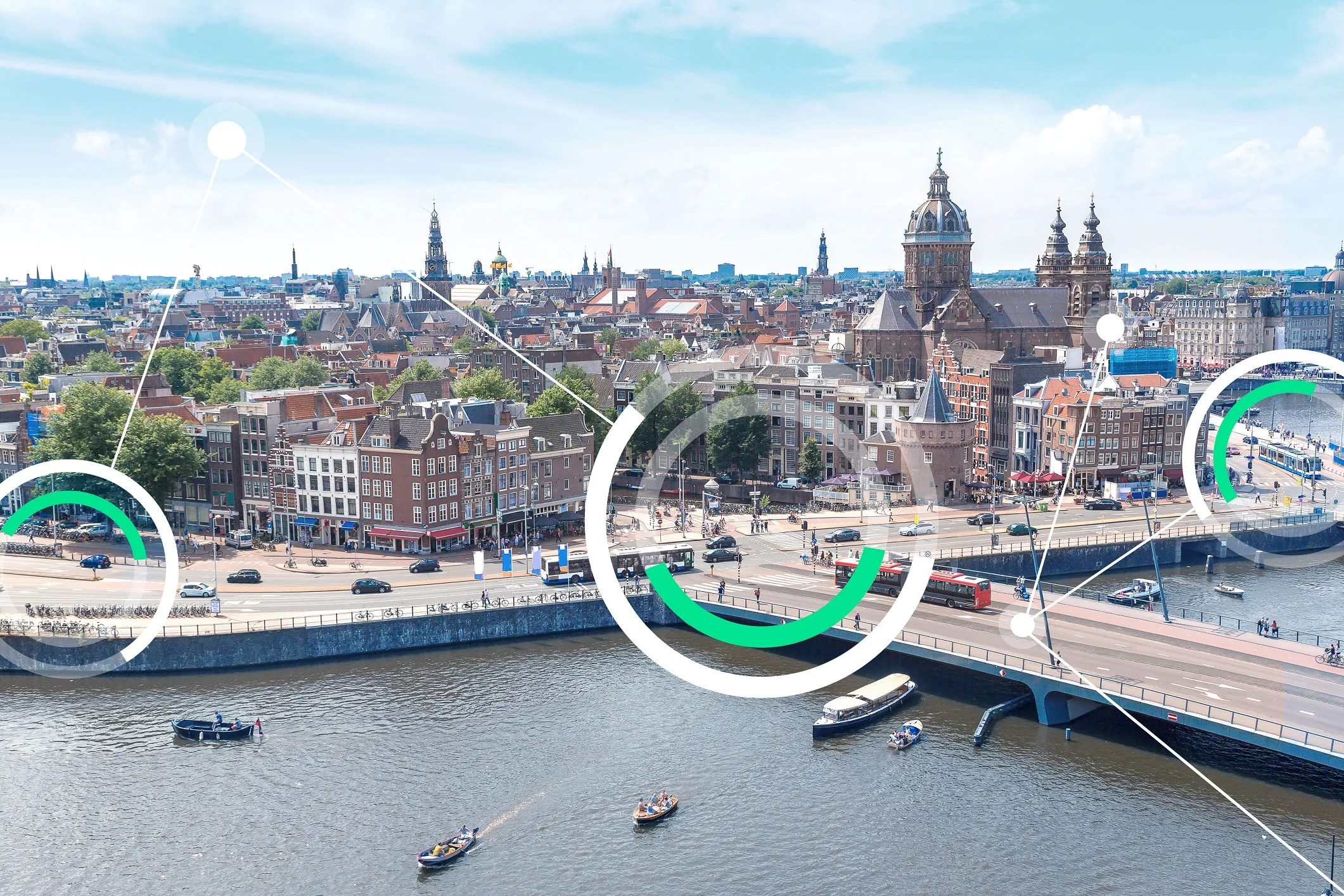Qatar’s Public Works Authority (Ashghal) is in the final phase of preparing an ITS master plan, while smart transport solutions have already been integrated in the traffic system in the country, with the aim of implementing a fully integrated Intelligent Transport System (ITS) before the FIFA World Cup 2022. Plans include special lanes for buses, more advanced surveillance cameras, a dedicated radio station to raise traffic awareness and special operation rooms to deal with accidents and other emergencies.
November 9, 2012
Read time: 2 mins
Qatar’s Public Works Authority (5840 Ashghal) is in the final phase of preparing an ITS master plan, while smart transport solutions have already been integrated in the traffic system in the country, with the aim of implementing a fully integrated Intelligent Transport System (ITS) before the FIFA World Cup 2022.
Plans include special lanes for buses, more advanced surveillance cameras, a dedicated radio station to raise traffic awareness and special operation rooms to deal with accidents and other emergencies.
Football fans and local residents will be able to access real time information on the traffic situation by on an interactive map on the website of the Ministry of Interior or the organising committee.
“The latest achievement was the establishment of the traffic signal control room at Ashghal, which is linked to 28 intersections across Doha. Another 15 intersections will be added to the system in the next three months,” said Ashgal’s Emad Nasaruddin, speaking at a session focusing on Qatar’s preparations for the World Cup.
He went on to say that the control room had helped collect data about traffic accidents more quickly and identify the reasons for traffic congestion on several roads connected to the intersections. “This has helped us propose solutions to avoid future problems on such roads,” he said.
He pointed out that the ITS master plan will require regular updating to meet the changing trends in technology. “The plan should be flexible considering the rapid changes taking place in digital technology. The ITS strategy should provide informative, intelligent, reliable and integrated solutions,” he added.
Ashghal, in collaboration with the traffic department, will establish a dynamic travel information system and a national traffic management centre in the next phases of the ITS project.
Quatar’s Ministry of Interior recently launched a pilot project to use smart solutions for monitoring vehicular traffic. The pilot project will use Masarak, a suit of smart applications developed by the6854 Qatar Mobility Innovations Centre (QMIC) at the Qatar Science and Technology Park (QSTP). Masarak provides real time information about traffic flow in different areas allowing the user to plan the trip accordingly and to monitor traffic.
Plans include special lanes for buses, more advanced surveillance cameras, a dedicated radio station to raise traffic awareness and special operation rooms to deal with accidents and other emergencies.
Football fans and local residents will be able to access real time information on the traffic situation by on an interactive map on the website of the Ministry of Interior or the organising committee.
“The latest achievement was the establishment of the traffic signal control room at Ashghal, which is linked to 28 intersections across Doha. Another 15 intersections will be added to the system in the next three months,” said Ashgal’s Emad Nasaruddin, speaking at a session focusing on Qatar’s preparations for the World Cup.
He went on to say that the control room had helped collect data about traffic accidents more quickly and identify the reasons for traffic congestion on several roads connected to the intersections. “This has helped us propose solutions to avoid future problems on such roads,” he said.
He pointed out that the ITS master plan will require regular updating to meet the changing trends in technology. “The plan should be flexible considering the rapid changes taking place in digital technology. The ITS strategy should provide informative, intelligent, reliable and integrated solutions,” he added.
Ashghal, in collaboration with the traffic department, will establish a dynamic travel information system and a national traffic management centre in the next phases of the ITS project.
Quatar’s Ministry of Interior recently launched a pilot project to use smart solutions for monitoring vehicular traffic. The pilot project will use Masarak, a suit of smart applications developed by the








